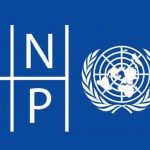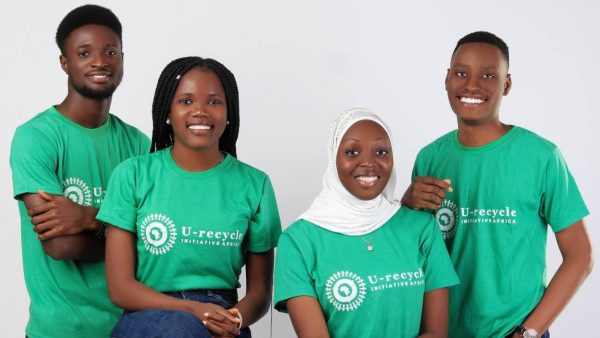The Global Environment Facility’s Small Grants Programme (GEF-SGP), through its partnership with the United Nations Development Programme (UNDP), has empowered the International Trade Facilitators Association (ITFA) and its partners to equip Nigerian Micro, Small, and Medium Enterprises (MSMEs) with tools to build nature-positive, sustainable businesses.
At the official launch and training workshop held at the UNDP Innovation Centre in Lagos, the pilot initiative titled Support to Potential and Existing Nature Positive MSMEs (SPENM) began with 60 participants undergoing capacity-building focused on balancing profitability with environmental sustainability. The project aims to promote businesses that contribute to environmental preservation while generating economic and social value.
Speaking at the workshop, ITFA Trade Ambassador Collins Ezeiruaku described the SPENM programme as a transformative initiative built around the pillars of people, planet, and profit. He said the vision is to move MSMEs beyond merely receiving grants toward becoming resilient, self-sustaining social enterprises. “We’re training MSMEs to build business models that thrive while tackling critical environmental and community challenges,” Ezeiruaku explained.
Participants will benefit from practical tools and knowledge for creating sustainable business models, mastering fair trade principles, securing international certifications, and gaining visibility through the ITFA global directory. Additionally, ongoing mentorship will be provided after the workshop to help participants address real-world business challenges as they build sustainable enterprises.
National Coordinator of the GEF SGP at UNDP Nigeria, Ibironke Olubamise, noted that the programme has supported more than 200 environmental projects across 30 states, empowering communities to produce environmentally friendly goods that are locally enjoyed and internationally exported. “Our goal is to make GEF SGP a key driver of community-led conservation, climate action, and environmental policy development in Nigeria,” she said.
She emphasized the importance of social enterprise models that allow MSMEs to generate profit without compromising the environment, helping to build inclusive green economies.
In a show of international interest, the Deputy Director of the Taipei Trade Office in Nigeria, Joanna Mia, encouraged greater trade collaboration between Nigeria and Taiwan. Highlighting that over 98 percent of businesses in Taiwan are MSMEs, 42 percent of which are women-led, she underscored the alignment between both countries’ small business sectors and called attention to Taiwan’s adoption of digital and net-zero models as a roadmap for Nigerian businesses.
For entrepreneurs like Lucy Borishade, a rice and potato flour processor from Ekiti State, the workshop has opened new doors. She shared her plans to increase both local and international output, reduce reliance on imported goods, and expand youth employment in her community using insights and grant opportunities from the programme.
With this initiative, GEF-SGP, ITFA, and UNDP are setting the stage for a new generation of MSMEs in Nigeria, one where environmental sustainability and economic prosperity grow side by side.










